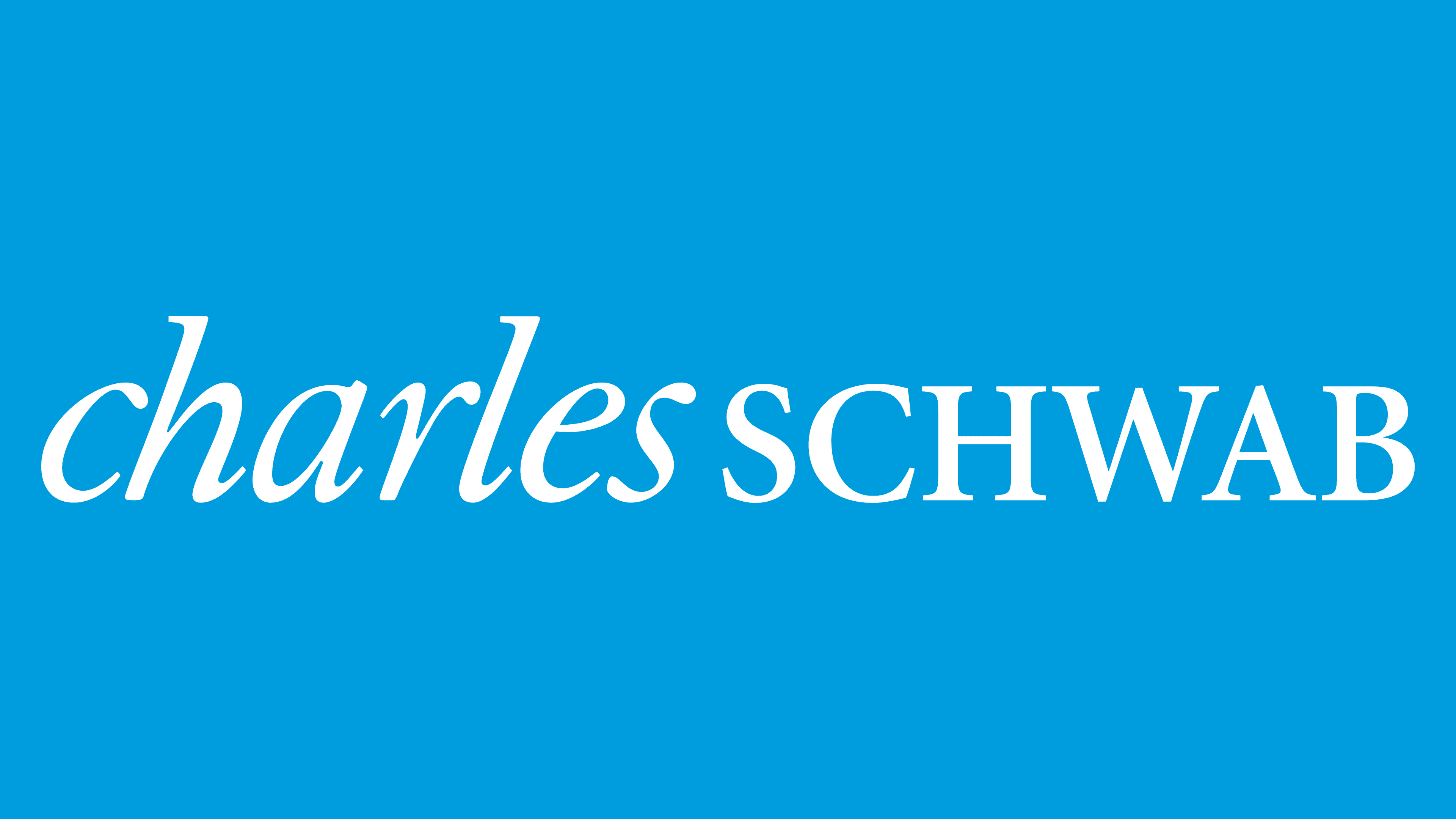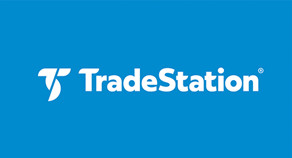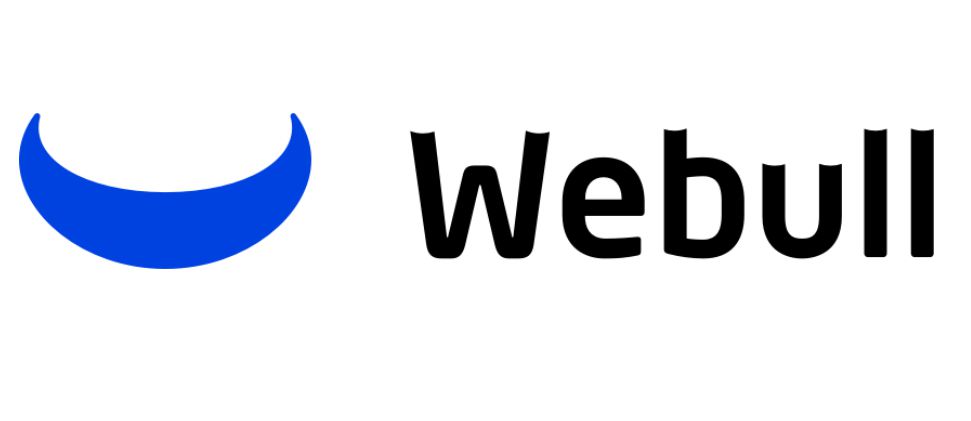7 Best Stock Market Simulators

Are you a new investor interested in learning how to invest before committing real money? Perhaps you’re an experiences investor looking to test a new or more advanced trading strategy? In either case, a good stock market simulator can help.
But with most investment platforms offering their own versions, how do you know which paper trading platform is right for you? To eliminate the guesswork, we’ve compiled a list of seven of the best stock market simulators available today.
| Best For | Learn More | |
|---|---|---|
 |
Overall | Learn More |
 |
Charles Schwab Investors | Learn More |
 |
Futures trading | Learn More |
| Options trading | Learn More | |
 |
Unlimited simulated trades | Learn More |
, |
Trading on the go | Learn More |
 |
Non-U.S. Investors | Learn More |
eToro Demo Account
Best for: Best Overall
- Pricing: Free virtual account
- What is it? $100k
- Assets: Stocks, crypto, commodities, and more in real-time
- Noteworthy Feature: CopyTrader allows you to learn from top traders
The eToro Demo Account gives you $100,000 in virtual trading funds to help you become a better trader. You can practice trading with stocks, exchange-traded funds (ETFs), and even cryptocurrencies. As with other stock market simulators, there is no cost to use the Demo Account. Log into the platform, click on “Switch to Virtual,” and begin to practice trading in real-time.
Using the Copy Top Investors feature, you can use advanced analysis tools to follow each security’s real-time trends and connect with successful cryptocurrency traders. eToro even allows you to increase your Demo Account balance by up to $100,000 simply by opening a ticket with customer service. Once you begin trading with real money, you can trade stocks, options, and ETFs commission-free. If you want to trade cryptocurrencies, eToro charges a flat fee of 1% of the buy or sell price.
To learn more, check out our full eToro review.
Pros
- Up to $100,000 in additional virtual funds through your Demo Account
- Includes advanced analysis tools
- Specializes in cryptocurrency trading
- Follow and duplicate the top crypto traders on the platform
Cons
- May be tempted to trade higher-risk assets in a demo portfolio
- Spreads on real trading accounts are higher than some competitors
Charles Schwab thinkorswim paperMoney
Best for: Charles Schwab investors
- Pricing: Free virtual account
- Buying Power: $100k
- Assets: Stocks, options, futures, and Forex
- Noteworthy Feature: Increase your buying power using margin in paperMoney
Get Started With Charles Schwab
Charles Schwab offers its paperMoney stock market simulator through its thinkorswim trading platform, which it acquired when it took over TD Ameritrade. The thinkorswim platform has long been regarded as one of the top trading platforms in the industry. It is now incorporated into Schwab, the largest retail investment broker in the world.
You can use paperMoney to trade directly on thinkorswim, starting with $100,000 in virtual buying power free of charge. It will enable you to trade equities, options, futures, and forex. You can change tool settings and organization as you experiment, then track and evaluate your performance with virtual trade data, including profit and loss analysis.
Your trading power isn’t necessarily limited to $100,000. That’s because you can increase your buying power on options trades to up to $200,000 by using margin within paperMoney. Once you’re done with paperMoney, Schwab offers educational tools and Schwab Coaching webinars so you can continue to sharpen your investment skills.
See the latest Charles Schwab promotions.
Pros
- paperMoney uses the thinkorswim platform
- Use margin to double your virtual buying power
- A wealth of educational tools
Cons
- Does not offer trading of cryptocurrencies
- More complex than other simulators
Get Started With Charles Schwab
NinjaTrader Futures Trading Simulator
Best for: Futures trading
- Pricing: Free
- Buying Power: Unlimited
- Assets: Futures
- Noteworthy Feature: Free backtesting engine
The best part of NinjaTrader is that it specializes in futures trading. The worst part of NinjaTrader is that it only accommodates futures trading, which limits its usefulness. However, it makes our list because some investors invest primarily in futures. If that’s you, NinjaTrader might be your go-to platform.
Unlike other simulators, NinjaTrader’s Futures Trading Simulator is unlimited. You can make as many virtual trades as you like, and there are plenty of features for futures traders. You’ll trade using live-streaming market data; the service even offers free back-testing using historical data. You can even replay, using historical market data as if it were playing out in real time on your trading platform. The simulator also gives you the ability to control your data feed so you can test automated strategies.
Pros
- Specializes in futures trading
- Unlimited simulated trading
- Intuitive trading platform
Cons
- Account activity limited to futures trading
E*TRADE Paper Trading Options
Best For: Options trading
- Pricing: Free (included with Power E*Trade platform)
- Buying Power: N/A
- Assets: Options only
- Noteworthy Feature: Use the customizable options chain to execute various options strategies, including custom and four-legged spreads
E*TRADE offers its Paper Trading Options program to help investors sharpen their options trading skills. Unfortunately, the virtual account is unavailable for other securities, like stocks and ETFs. Paper Trading Options is linked to E*TRADE’s Power E*TRADE web platform, so your virtual experience would translate directly into real-world options trading.
Power E*TRADE investors can access advanced interactive charts, more than 100 technical studies, and preset scans. The platform is available as a web and mobile app and allows traders to trade stocks, ETFs, futures, and options.
Even though E*TRADE’s Power E*TRADE Paper Trading centers on options, E*TRADE is a full-service investment broker. In addition to stocks and ETFs, it offers mutual funds, bonds, certificates of deposit, prebuilt portfolios, and initial public offerings (IPOs). Like most other investment brokers, E*TRADE allows you to trade stocks and ETFs commission-free, with no commissions for options, plus a $0.65 per contract fee.
To learn more, check out our full E*Trade review.
Pros
- Ideal for options traders
- Volume discounts on per-contract fees (30+ trades per quarter)
- Easy to move from Paper Trading to the real thing
Cons
- Paper Trading is only available for options trading
TradeStation Trading Simulator
Best For: Unlimited simulated trades
- Pricing: Free
- Buying Power: Unlimited
- Assets: Stocks, options, futures
- Noteworthy Feature: Use the customizable options chain to execute various options strategies, including custom and four-legged spreads
TradeStation’s Trading Simulator is available with unlimited virtual funds. That means you can get plenty of practice on the platform, whether you’re a beginner, intermediate, or advanced investor. The simulator is designed to look just like real trading, except you’re not using real money. You can also back-test stocks, options, and futures by leveraging decades of historical market data. This enables you to run “what if” scenarios under several known market conditions.
All trade simulations are done in real-time. It’s also possible to test strategies automation, advanced orders, and alternate market types. The simulator provides trend, momentum, relative strength, and mean reversion indicators. Like other simulators on this list, there is no charge to use TradeStation’s Trading Simulator.
TradeStation is a popular brokerage platform for active traders. In addition to stocks, options, and futures, you can invest in futures, options, mutual funds, and ETFs.
To learn more, check out our full TradeStation review.
Pros
- Available for options, futures, and stocks
- Unlimited paper trading dollars in the Trading Simulator
- Unlimited back-testing for stocks, options, and futures
Cons
- Can’t simulate trading of mutual funds, ETFs, or fixed-income securities
Webull Paper Trading
Best For: Trading on the go
- Pricing: Free
- Buying Power: Unlimited
- Assets: Stock and options
- Noteworthy Feature: Includes over 50 technical indicators and 12 charting tools
Webull was designed as a trading app to allow investors to trade on the go. As a result, it’s a simple platform with more limited investment options than large brokers like Schwab and Fidelity. For example, it doesn’t offer mutual funds or fixed-income investments. But you can trade stocks, options (including index options), futures, ETFs, and over-the-counter stocks. Meanwhile, the pricing is among the lowest in the industry, with no commissions for trading stocks and ETFs and no commissions on options (there is a $0.55 per contract fee).
Webull’s Paper Trading feature uses the same trading platform you will use for live trading. Paper Trading provides unlimited virtual cash, so you can trade as often as you like, even well beyond the beginner stage. The simulator comes with real-time data, including quotes, integrated charts with indicators, and the ability to set up price alerts. It also offers over 50 technical indicators and 12 charting tools. The simulator can be used for both stocks and options.
To learn more, check out our full Webull review.
Pros
- Unlimited virtual currency
- Simulate stock and options trading
- The simulator is free to use; you don’t need to have money with Webull to participate
Cons
- Excludes common asset classes, such as mutual funds and fixed-income securities
Moomoo Paper Trading
Best For: Non-U.S. Investors
- Pricing: Free
- Buying Power: $1 million for stocks and options, $10 million for futures
- Assets: Stocks, options, futures
- Noteworthy Feature: Available to non-U.S. residents in select countries
Moomoo isn’t exactly a household name on the investing scene, but it may be soon. That’s because, in addition to providing investment broker services in the U.S., the platform is available to residents of Canada, Singapore, Australia, Japan, and Malaysia. It provides commission-free trading of U.S. stocks, options, and ETFs, and allows U.S. residents to invest in the Hong Kong and Chinese A-Shares markets. The company also pays a very generous bonus interest rate on uninvested cash.
Moomoo accommodates investing in U.S. stocks, over-the-counter (OTC) stocks, American Depositary Receipts, or ADRs (for the purchase of foreign stocks), ETFs, options, and index options. Unfortunately, it does not allow investing in mutual funds or fixed-income investments. Not only can stocks, ETFs, and options be traded commission-free, there are no contract fees on options trades.
Paper Trading enables you to test investment strategies with real-world market data and outcomes. It’s available for desktop and mobile platforms to trade stocks, options, and futures. Paper Trading comes with $1 million and virtual currency.
To learn more, check out our full moomoo review.
Pros
- Available to non-U.S. residents of select countries
- No minimum initial investment required
- $1 million in virtual currency provided
- Pays one of the highest rates on invested cash
Cons
- Can’t invest in mutual funds or fixed-income
- Joint accounts not accepted
- Taxable accounts only; doesn’t support retirement accounts
What Is a Stock Market Simulator?
A stock market simulator is a service that allows you to make investments without using real money. Most online brokerages will provide a stock market simulator with anywhere from $100,000 to as much as $1 million in virtual money, and a couple even offer unlimited virtual money.
The stock market simulator integrates with the broker’s primary investor platform. This allows you to learn on the platform you will use when you trade for real.
You can use a stock market simulator until you reach a point where you feel comfortable enough with your investing skills to begin risking real money. At the core, you can think of a stock market simulator as a helpful risk reduction strategy.
✨ Related: Best Stock Trading Apps
What to Look for in a Stock Market Simulator
While stock market simulators vary in the features they offer, they have many similarities. Here are some of the key features to look for:
- A generous amount of virtual cash so you’re not limited in the number of trades you want to make.
- It should allow you to move seamlessly from the simulator to live trading.
- It should accommodate the types of trading you plan to do. That can be stocks, options, futures, or even cryptocurrencies.
- It should be free to use with the broker account.
- Choose a broker that offers customer support and/or educational tools for the simulator – after all, most people who use simulators are investing rookies.
- It should remain available after you exit the beginner stage. No matter your experience level, there’s always a new strategy to be tested.
The seven best stock market simulators listed above check off most of these boxes and any are a good choice as long as the available securities align with the type of investing you plan to do.
FAQs
What is the best stock market simulator?
The best stock market simulator will depend on several factors, including the type of investing you plan to do, your preferred platform, and the amount of virtual money you want to trade. On our list, we chose eToro as our best overall, because it allows you to trade several types of securities, is free to use, and gives you access to $100k in virtual cash. We also like the functionality of the eToro trading platform.
What platform do day traders use?
Many stock trading platforms, including Interactive Brokers, Charles Schwab, and E*Trade, are popular with day traders. It really depends on their investing style, and what features they’re looking for in a brokerage.
Is there a way to practice trading stocks?
The best way to practice trading stocks is by using a paper trading simulator like the ones on our list. Stock market simulators offer the closest experience to real live stock trading, without the risk. Most simulators are also free to use.
Summary
As you can see, there is no shortage of stock market simulators to choose from. However, before you choose a platform and begin to practice trading, remember this. No stock market simulator is going to turn you into Warren Buffett in 30 days or less. However, it can help you understand the language of investing, and how to execute trades. It can even help novice or intermediate investors get better results without taking on additional risk. Regardless, you’ll be a better investor for having used a stock simulator.
Other Posts You May Enjoy:
What is a Solo 401k?
A Solo 401(k) is one of the most effective ways to save for retirement as a small business owner. You…
J.P. Morgan Self-Directed Investing: Review & Current Promotions
J.P. Morgan Self-Directed Investing offers trading in individual stocks, ETFs, mutual funds, and options. But how does it compare to other trading platforms, such as E*Trade, Webull, and Robinhood? Find out in our full review.
Moomoo Review: Global Market Access and Free Stock Promotions
moomoo review Product Name: moomoo Product Description: Moomoo is a global investment trading platform offering no-commission trades, fractional shares, and…
The Kelly Criterion, Expected Value, and When Investing Becomes Gambling
The Kelly Criterion and Expected Value are two gaming ideas you need to know before you start investing. Both will help you understand your edge as an investor.

About Kevin Mercadante
Since 2009, Kevin Mercadante has been sharing his journey from a washed-up mortgage loan officer emerging from the Financial Meltdown as a contract/self-employed “slash worker” – accountant/blogger/freelance blog writer – on OutofYourRut.com. He offers career strategies, from dealing with under-employment to transitioning into self-employment, and provides “Alt-retirement strategies” for the vast majority who won’t retire to the beach as millionaires.
He also frequently discusses the big-picture trends that are putting the squeeze on the bottom 90%, offering workarounds and expense cutting tips to help readers carve out more money to save in their budgets – a.k.a., breaking the “savings barrier” and transitioning from debtor to saver.
Kevin has a B.S. in Accounting and Finance from Montclair State University.
Opinions expressed here are the author’s alone, not those of any bank or financial institution. This content has not been reviewed, approved or otherwise endorsed by any of these entities.




